Traveling in a motorhome requires a lot of preparation. It's not just technical aspects such as the brakes or vehicle lighting that need to be carefully checked before starting to ensure a safe journey. Individual loading regulations also need to be researched. Violations not only result in hefty fines, but also points in Flensburg. It becomes particularly expensive for travelers who do not use a designated parking space for their vehicle and instead camp wild.
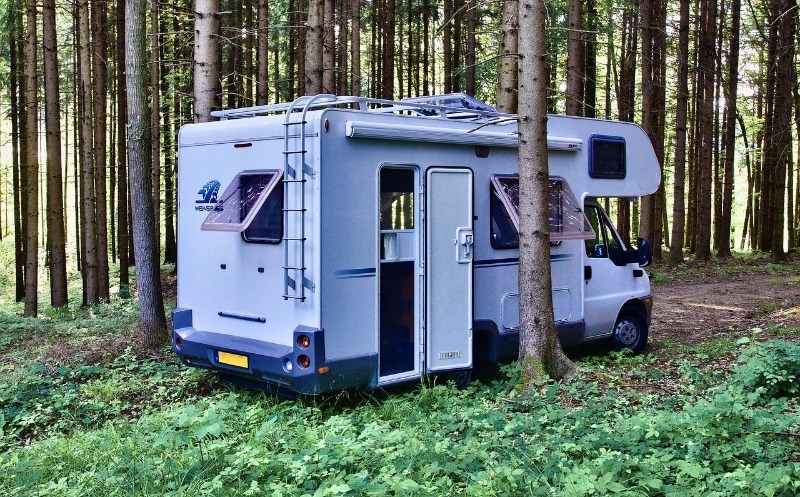
Beware of the cost trap: wild camping can result in high fines
The desire for freedom is great among campers. Travel flexibly and simply spend the night where it is most beautiful. This idea sounds tempting, but in reality it quickly becomes very expensive. According to information in the “ Motorhome Fines Catalog ”, wild camping with a motorhome can result in a fine of up to 5,000 euros. Due to the lack of transparency in German legislation, it is often difficult to understand whether and where camping with a motorhome is actually permitted away from classic campsites. However, it is actually quite simple.
First of all, the so-called right of entry regulates the use of other people's areas for recreational purposes, such as open areas or forests, by the general public. According to the right of entry, citizens are allowed to use open landscapes for recreation. When staying overnight, however, the permission quickly comes to an end: the legal gray area begins when you spend the night with a sleeping bag and sleeping mat. While this is sometimes tolerated, camping in the great outdoors with a tent or even a mobile home is prohibited. This applies equally to nature reserves as well as to other forests, fields and meadows.
Good to know:
- If you do not set up at home (e.g. camping furniture set up outdoors) and comply with local parking regulations, you are allowed to park your motorhome in proper places in order to sleep and thus restore your ability to drive.
- This restoration of driving ability does not constitute wild camping, but rather allows you to park your vehicle to spend the night.
- Around ten hours is considered a permitted period.
The details are a state matter
If you want to avoid high penalties and, in an emergency, even a report, you should first take a look at the nature conservation and forestry laws of the respective federal state. Each country has its own rules, so there may be differences. On the other hand, nature lovers are well advised to look for alternative solutions. Just because wild camping is banned in this country, it doesn't necessarily mean you have to forego a place close to nature. The gap between heavily frequented campsites and unconventional camping is closed in many places by so-called pop-up camps. These “camps” are free areas that were previously unused and have been converted into parking spaces for campers. The often sporadically furnished areas are ideal for self-catering.
It is also worth searching specifically for parking spaces on farms and wineries . There are hundreds of providers in Germany who allow owners of mobile homes to stay overnight on their property and welcome visitors. An attractive win-win situation, because the property owners also benefit from the influx. Quite often, parking spaces on farms etc. are even free.
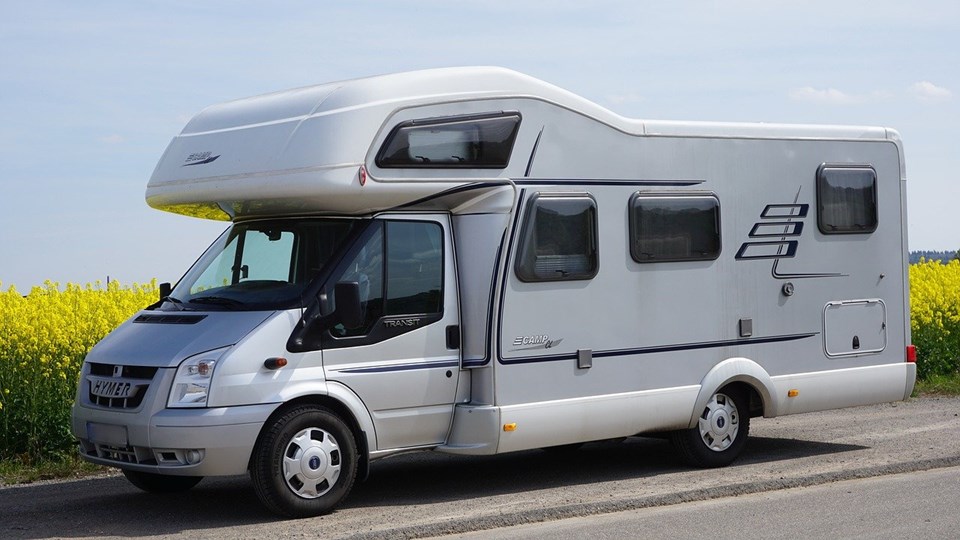
Load correctly and drive safely
In addition to camping in prohibited areas, RV owners must avoid loading errors to avoid risking fines. But the fines are by no means the most pressing reason to take a critical look at the total weight: overloading is associated with dangers for yourself and others that should not be underestimated. The risks range from increased braking distances to vehicle instability when cornering. If an accident occurs, vehicle drivers must expect fines. In addition, the insurance company can cause problems and refuse to settle the claim. The German testing company DEKRA explains how the permissible payload – i.e. the loadable weight – can be determined online in the consumer tip Overloading .
Example of fines: If motorhomes up to 7.5 tons are overloaded by more than 20 percent, travelers have to pay a fine of 95 euros and receive an entry of one point in the fitness to drive register, which is kept by the Federal Motor Transport Authority in Flensburg.
Anyone traveling in an overloaded motorhome in other European countries is sometimes confronted with significantly higher penalties and a zero-tolerance strategy. Four-digit fines are possible in Austria and Spain, among others.
Images from Pixabay: MemoryCatcher; floppy ear

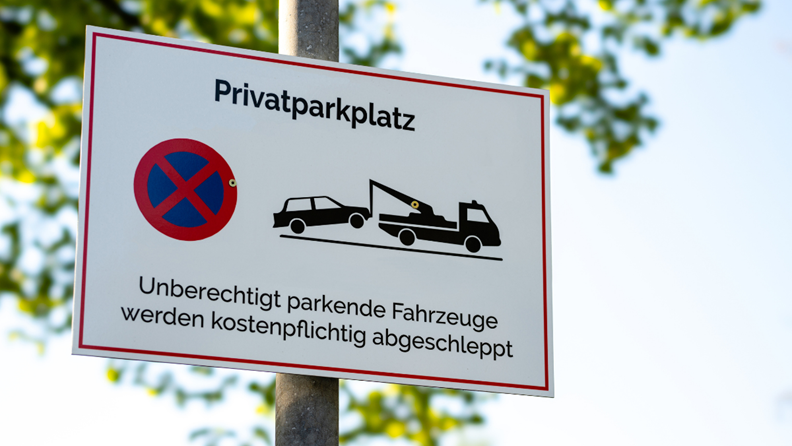

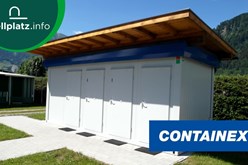
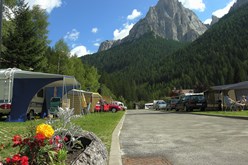
)

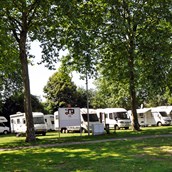

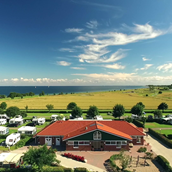

.png)